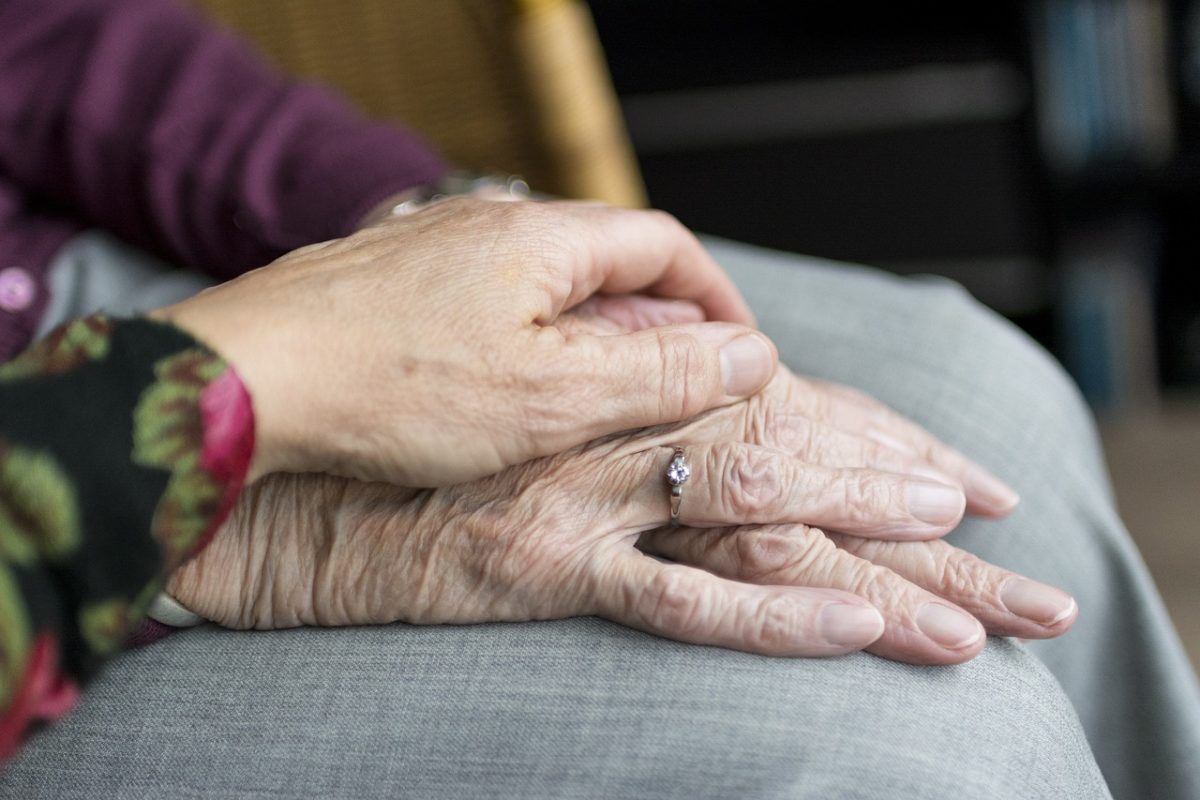In our society, there is unspoken prejudice in every aspect of our world, especially for older individuals. While old age used to show wisdom and the need to be respected, now aged people are being portrayed as frail adults- who are technologically inept and lacking in adaptability. Stereotyping like this is an active contributor to hindering their contributions to society and even affecting their quality of life. Though ageism impacts men and women of all ages, we’ll be discussing the most common type: prejudice against older adults.
First, we need to ask: What is ageism? Ageism is defined by the Oxford dictionary as, “prejudice or discrimination on the grounds of a person’s age.” Usually, ageism takes the form of subtle bias and stereotypes that undermine one’s worth and abilities. This can severely affect older people’s confidence and ability to love themselves. One of the most common areas where ageism is prevalent is in employment. Older workers are often overlooked for job opportunities, due to assumptions that they lack technological skills or are less productive than younger colleagues. This not only limits their financial security, but also undermines their self-esteem and sense of purpose. Which is why many studies have shown that older people’s mental health has depleted, as well as their physical health, resulting in potential early death.
Surprisingly, despite the fact that it is most widespread and common now. Ageism may be traced all the way back to the Industrial Revolution in the 18th century. Younger employees were frequently hired in place of older ones, because they were thought to be more productive and technologically savvy. As a result, the rise of capitalism strengthened ageist ideologies even more because productivity came to be associated with youth. The 20th century saw improvements in technology and medicine that lengthened life expectancy. This, however, also gave rise to unfavorable perceptions about elderly people being helpless or unable to contribute to society. Ageism has permeated many facets of life, such as economic possibilities, access to healthcare, and interpersonal connections.
In order to effectively address ageism, we must do these three simple things –
- Dispelling falsehoods and promoting empathy and compassion for senior citizens are important goals of education. Schools, community organizations, and social media platforms should actively promote messages that challenge age-based prejudices.
- Due to their valuable experience, abilities, and dedication, older workers must be given equal opportunity in the workplace- improving the inclusiveness of the work environment.
- To promote fair and person-centered treatment for all age groups, healthcare systems must also address ageism in service delivery. Instead of pushing away older people, because “it’s just a result of aging” look into their symptoms further.
If we all did these 3 things, our older generations would have longer and better lives.
Ageism is a serious problem that affects older people and requires immediate action. The prejudice and discrimination that older individuals experience can have a negative impact on their wellbeing and sense of overall belonging. We can build a society that honors the value and dignity of people of all ages by fighting ageist stereotypes, promoting age inclusivity, and appreciating the contributions of older citizens. We can only create a future without ageism, when people are assessed on their ability rather than their age.

